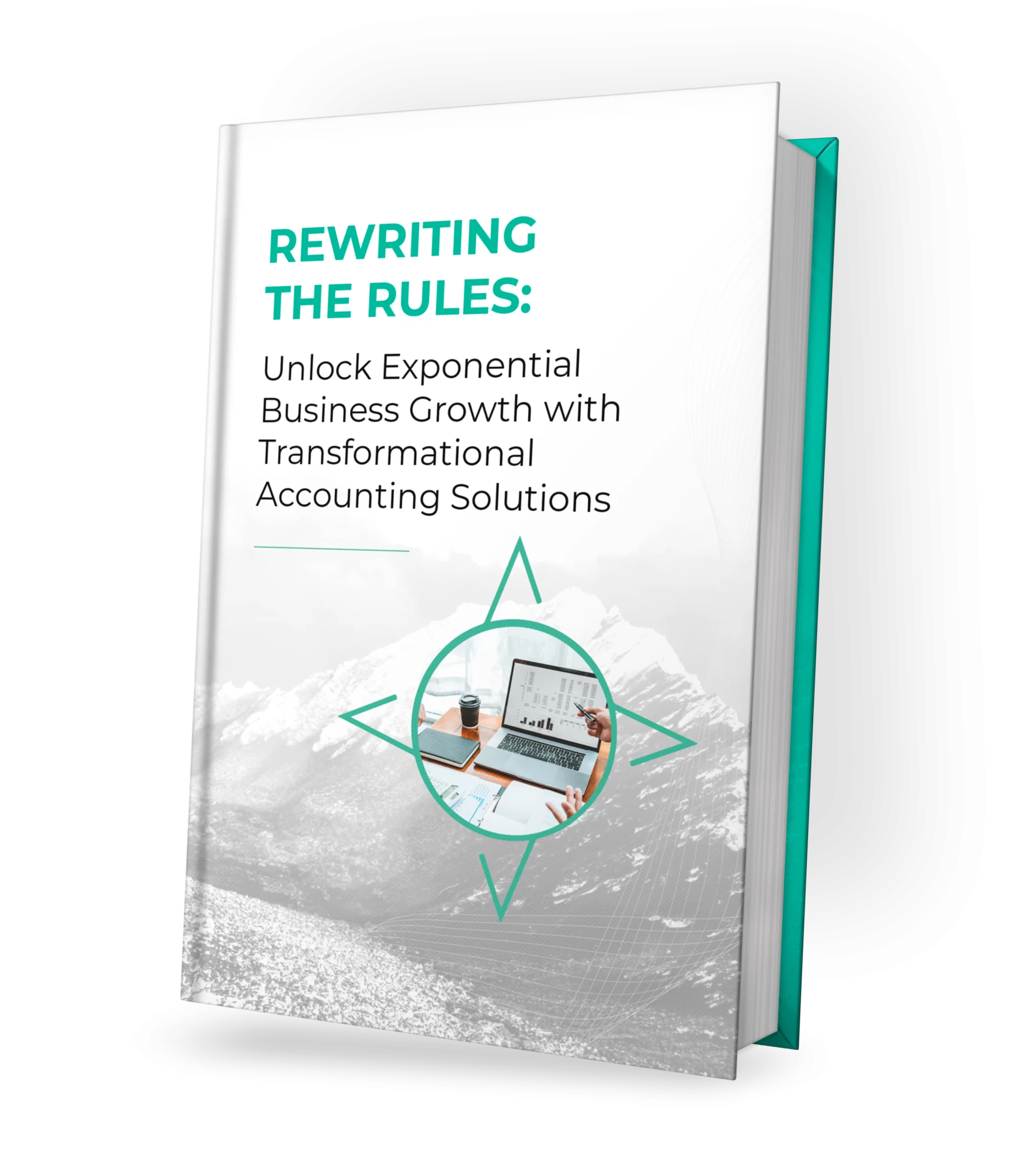Year-End Tax Planning for High-Income Individuals
This is the most important time in your tax financial calendar. Why? Because there are just a few weeks left to get your tax situation in order before the end of the year. Steps you take now could save you lots of time and money at the April 15th tax deadline – provided you act soon. Proseer is here to help, starting with this list of year-end tax planning tips for high-income individuals:
- Assess Your Capital Gains – If you have experienced capital gains in the past year, there may be tax advantages from selling assets before the end of December. Now is a good time to identify portfolio holdings that could be sold to convert unrealized losses into realized losses to offset against taxable realized gains.
- Minimize the NII Tax – You can reduce the 3.8% net investment income (NII) tax that applies to some high-income individuals by either deferring net investment income or reducing overall income.
- Plan Deduction Options – As appealing as the standard deduction may be, you may want to take an itemized deduction for mortgage interest, state and local taxes, charitable giving, or investment interest. It may be advantageous to pay your property taxes by year-end if you have not reached the $10,000 maximum State and Local tax deduction.
- Donate – Tax changes enacted because of Covid increase the tax advantages of charitable giving. Generally, if you take the standard deduction, you cannot deduct your charitable contributions. The law change, however, allows you to claim a deduction of up to $300 ($600 for married filing jointly) for cash contributions made to qualifying charitable organizations.
- Fund Your HSA – People with health savings accounts can deduct contributions up to $3,550 for individuals and $7,100 for families as long as they put money in now.
- Use Self Employment Deductions – If you work for yourself, you may be able to deduct payments for medical, dental, vision, or long-term care insurance if you meet certain conditions.
- Pay Into a 529 Plan – Paying into a tax-free education savings plan (529 plan) before the end year can lower your tax burden, especially if you can front load the plan with a major contribution.
- Reevaluate Retirement Planning – Tax planning and retirement planning go hand in hand. This may be the best time to contribute to retirement accounts or change how those accounts work. Now is the time to consider an IRA Roth conversion to take advantage of tax-free future gains for yourself and future beneficiaries. Roth conversion may not be an option in the future for high income taxpayers if currently proposed legislation becomes law.
- Manage Estate Tax Exposure – Ways to reduce estate tax exposure include using the $15,000 per person annual gift exclusion, taking advantage of the historically high lifetime gift and estate tax exemptions, or offering intra-family loans at historically low interest rates.
The current $11.7 million dollar estate tax exemption may be reduced to $5 million if proposed legislation becomes law. It is also good time to make sure named beneficiaries and titles are correct. - Maximize QBI Deductions – Entrepreneurs and freelancers may be able to deduct 20% of their pass-through income if it falls below $164,900 for individuals or $329,000 for joint filings. QBI deductions are also available for high income taxpayers subject to certain limits related to W-2 wages paid to employees and capital investments.
- Check withholdings and estimated tax payments – In order to reduce underpayment penalties and interest.
- Check basis if you have interest in a partnership or S-Corporation– You may need to increase your basis to take loss deductions or prevent paying tax on distributions in excess of basis.
- Take advantage of bonus depreciation – Currently a business can now write off up to 100% of the cost of eligible property purchased after September 27, 2017 and before January 1, 2023, up from 50% under the prior law. However, that 100% limit will begin to phase down after 2022. Starting in 2023, the rate for bonus depreciation will be:
2023: 80%
2024: 60%
2025: 40%
2026: 20%
This list is far from complete and there are many more things you can do now to make tax time less painful next year. You can also take steps in the short-term to improve your position years into the future.
Make sure you take advantage of every opportunity available with the help of a trust tax planner like Proseer. We tailor our expertise to the unique needs of high income individuals so that tax planning aligns with your broader wealth management strategy. Make all the right moves while there’s still time – contact Proseer.

